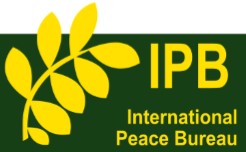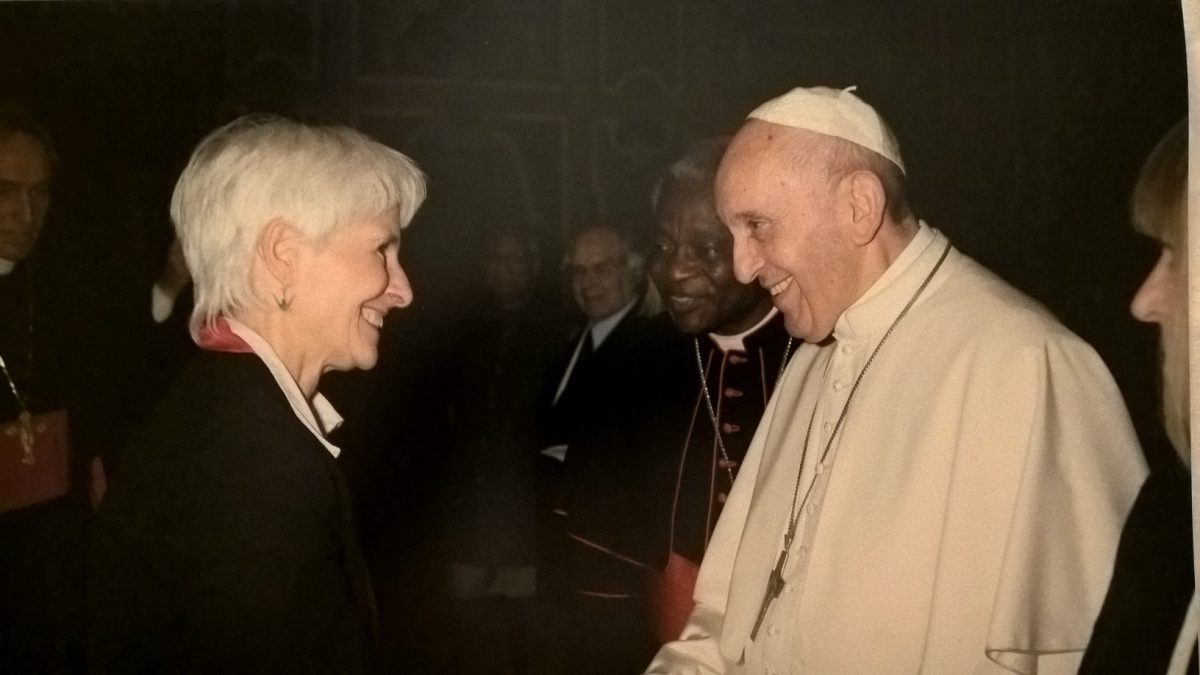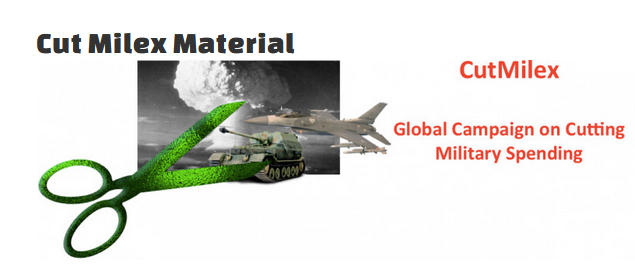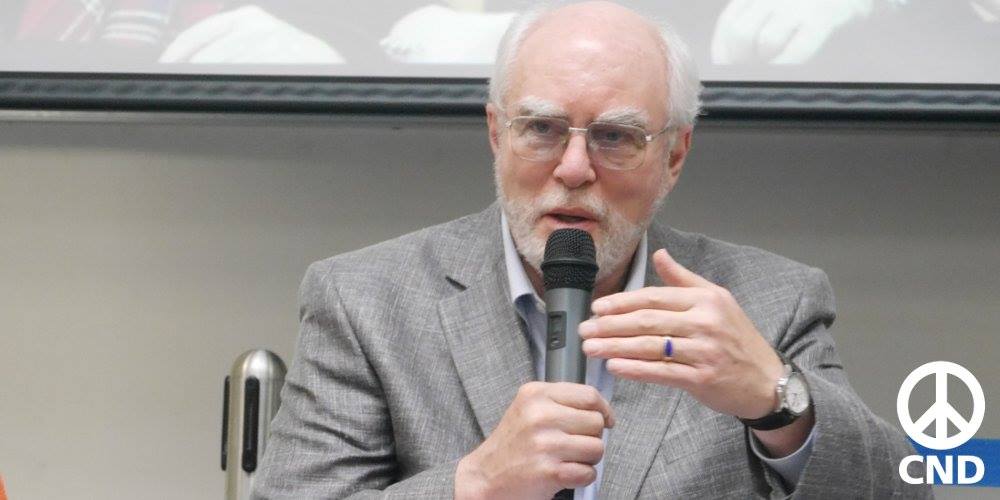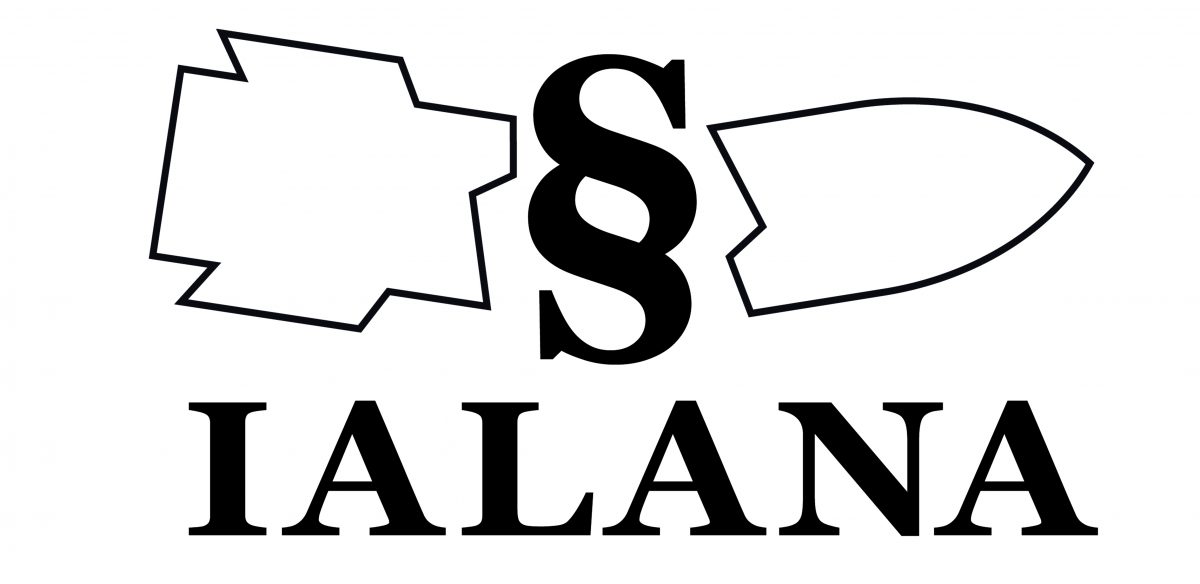With weapons, training, technological and diplomatic support from the United States and European nations, Saudi Arabia has inflicted massive destruction, famine and a deadly cholera epidemic on the people of Yemen, We call on Saudi Arabia stop its bombing, for an end to all foreign interventions and support to the warring parties, for a return to diplomacy, and for international support to end the famine and to respond to the cholera epidemic. The latest developments of the Yemeni civil war underline the need of an immediately ceasefire in the country. Continue reading “IPB calls for an end to the epic catastrophe in Yemen”
Peace Education
Diplomacy, No to War on the Korean Peninsula
1. IPB condemns U.S., North Korean and other nations’ development possession and threats to initiate nuclear war, as well as any threats to initiate so-called “conventional” war. We demand a diplomatic and non-coercive resolution of the U.S.-Korean crisis.
Continue reading “Diplomacy, No to War on the Korean Peninsula”
IPB’s Council Statement on the recent terrorist massacre in Egypt
The International Peace Bureau’s Council is shocked by the massacre of at least 300 people and those who are injured as a result of a new terrorist attack against a Mosque congregation in northern Sinai.
We condemn this crime and express our indignation. We also convey our deepest condolences to the victims’ families, the wounded and the Egyptian people as a whole.
Barcelona, November 26th, 2017.
The Vatican is calling for integral nuclear disarmament
On November 10-11 the Vatican was hosting a high-level symposium entiteled “Prospects for a World Free from Nuclear Weapons and for Integral Disarmament“.
Part of this symposium was an audience where 11 Nobel Peace Prize Laureates met and spoke with Pope Francis. Our co-president Lisa Clark was representing IPB.
Declaration for the UN Disarmament Week
by Observatory of International Organisations And Globalisation (Padop)
Every year, the United Nations has declared the last week of October Disarmament Week, which we in Greece are also called upon to observe. Continue reading “Declaration for the UN Disarmament Week”
Armed forces, civil society and democratic control: concepts and challenges
By Samuel Flückiger, 2008
Read the whole study here
GCOMS is now launching the Cut Milex campaign
Dear GCOMS partners,
The Global Campaign on Military Spending (GCOMS) is an international campaign founded in December 2014 and promoted by the International Peace Bureau. The main aim is to reduce the global military spending thanks to the cooperative works made by the organisations of civil society. Nowadays, more the 100 organizations from 35 different nations have joined the campaign. Continue reading “GCOMS is now launching the Cut Milex campaign”
Joseph Gerson at the CND International Conference
London, October 14, 2017
I want to thank Kate for the opportunity to join and learn from this year’s conference. In each of our countries, we have disastrous leaders in power. But, with its imperial power, its arsenals, and its disregard of the rule of law, and with a man described by his secretary of state as a “fucking moron” at the helm of power, Trump and his coterie are far and away the most dangerous. Continue reading “Joseph Gerson at the CND International Conference”
Move the Nuclear Weapons Money
by Colin Archer, Jean-Marie Collin, Nina Decoularé-Delafontaine, Rob van Riet, Alyn Ware, 2016
Download the study here
IALANA Welcomes the Award of the Nobel Peace Prize to the International Campaign to Abolish Nuclear Weapons
IALANA – the International Association of Lawyers Against Nuclear Arms – congratulates ICAN – the International Campaign to Abolish Nuclear Weapons – on the award of this year’s Nobel Peace Prize. Continue reading “IALANA Welcomes the Award of the Nobel Peace Prize to the International Campaign to Abolish Nuclear Weapons”

